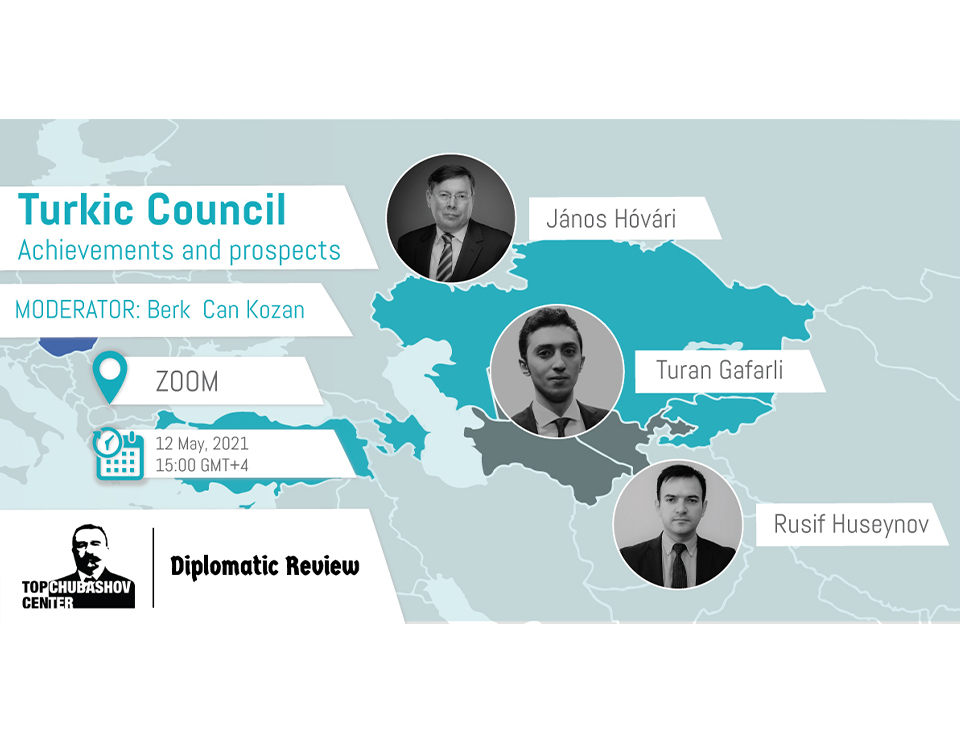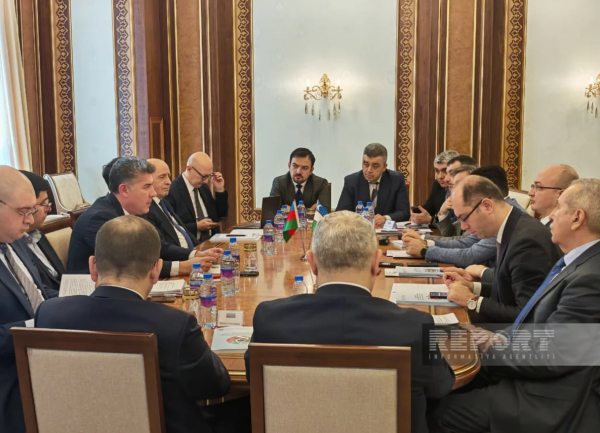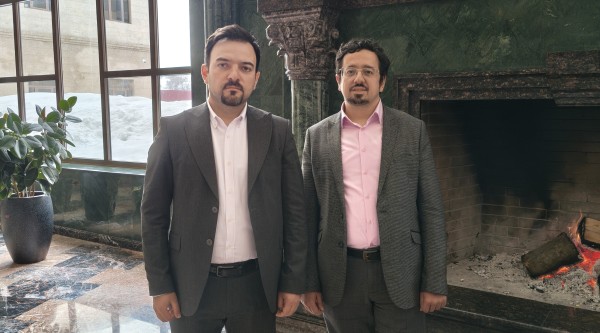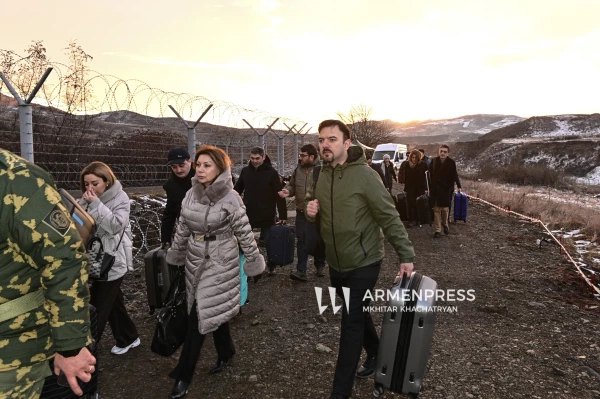Turkic Council: Achievements and Prospects (summary)

On May 12, Baku-based Topchubashov Center and Budapest-based Diplomatic Review organized an online discussion entitled “Turkic Council: Achievements and Prospects”. Moderated by Berk Can Kozan, Head of the Diplomatic Review, the webinar had Janos Hovari, Hungarian historian, former Ambassador of Hungary to Israel, Kuwait and Turkey, Turan Gafarli, a researcher at TRT World Research Centre and Rusif Huseynov, Director of the Topchubashov Center as key speakers.
Mr. Kozan opened the discussion with a brief on the changing geopolitical realities in Central Asia and the Caucasus after the Second Karabakh War and invited the speakers to comment on the new power configurations and possible future economic cooperation among countries in the region and the ways the participating countries can benefit from them.
Mr. Huseynov highlighted the origins of the Turkic unity concept developed by Azerbaijani, Crimean Tatar and Turkish intellectuals in the late 19th century. He pointed out several interconnectivity projects in the contemporary context, such as the Middle Corridor, Lapis Lazuli, which can economically cement the Turkic Union projects. The post-war Zangezur corridor can further contribute to these projects, Mr. Huseynov expressed his optimism.
According to Mr. Gafarli, the Turkic Council is a great platform that brings many Turkic nations together and develops cultural, military, and economic collaboration among member states. According to him, the Turkic Council should be a platform of cooperation, not competition.
Mr. Hóvári directed the audience’s attention to Hungary’s interest in cooperation within the framework of the Turkic Council. According to Hóvári, the Turkic Council opens a myriad of opportunities to Hungary in terms of economic integration with Turkey and Central Asian countries. This platform can create a new Visegrad Partnership in a vast region. On the other hand, the European Union should have a very sophisticated policy towards Central Asia because this region needs its cooperation and the European countries need a new approach toward Turkey, Azerbaijan and Central Asia.
Mr. Huseynov then evaluated the prospects of the Zangezur corridor and its implications in the region. A couple of months after the war, Azerbaijan and Turkmenistan reached an agreement over a problematic gas deposit in the Middle Caspian. By dividing this apple of discord between themselves, this development brought back the idea of the trans-Caspian gas pipeline. Interestingly enough, Turkey was active in this development. While Turkmenistan’s monopolistic gas consumer is China, Ashgabat is definitely interested in diversifying its client base and it would be interesting for the Turkmen leadership to turn its attention westward. It can further consider joining the Azerbaijan and Turkish gas projects, namely Southern Gas Corridor. However, given the domestic crisis and uncertainty in Armenia, it will probably take some time to return to the idea of the Zangezur corridor.
Lastly, Mr. Hóvári commented on the limits of the Turkic Council’s policies and future relations and collaboration in the context of the EU. Oil and gas export is a paramount factor for Azerbaijan and Central Asian countries. These countries now have to turn into the new thinking of the future as the Gulf states. They should consider the prospects of projects more broadly. Azerbaijani gas may become important in the Balkans and Eastern Meditteranean. However, Romania could find huge gas fields in the Black Sea; thus Caspian gas will have a certain competition in southeastern Europe.






